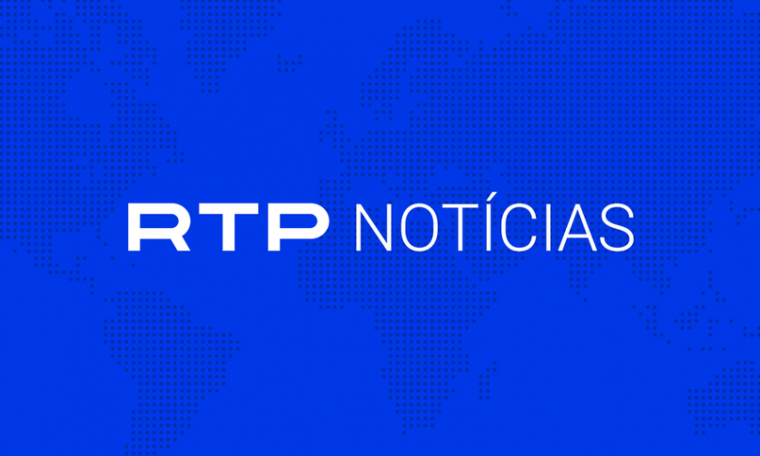
Japanese daily newspaper Yomiuri Shimbun reported on Monday that the quadrennial meeting will take advantage of NATO’s invitation to leaders of Asia-Pacific countries to attend the summit in Madrid and focus on China’s rise in the region.
Japanese government deputy spokesman Yoshihiko Isozaki acknowledged at a news conference that preparations for the meeting had begun, although he insisted that no decision had yet been made.
South Korean President Yoon Suk-yol’s office also announced that it had received the proposal from Tokyo and is currently reviewing it.
The meeting, which, in addition to Kishida and Yoon, will also be attended by Australian Prime Minister Anthony Albanese and his New Zealand counterpart Jacinda Ardern, will aim to debate the idea of a “free and open Indo-Pacific”, an expression used in the United States. Tokyo and Washington to counter the growing Chinese influence in the region.
The leaders of Japan and Australia, along with representatives of other Quad countries, including the United States of America (USA), reaffirmed their commitment to adopt this strategy at the Quadrilateral Security Dialogue (Quad) Group’s summit in Tokyo in late May. India.
Kishida, whose visit to Madrid would make him the first head of the Japanese government to attend a NATO summit, intends to discuss with other leaders the situation in Ukraine and their concerns about Chinese military activities in the Asia-Pacific, said the head of the Japanese government at a press conference last week.
Japan is not a member of NATO and has a pacifist constitution, but this member of the G7 and a close ally of the United States participates in international sanctions against Moscow and also distributes defensive military equipment to Ukraine.
About 40 international leaders and about 5,000 participants will participate in the NATO summit to be held on June 29 and 30 in Madrid, Spain.



